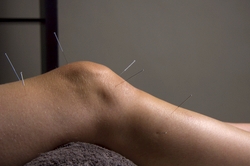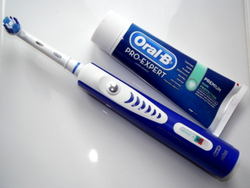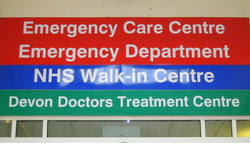
Researchers at Massachusetts General Hospital and Harvard Medical School, have shed some light on possible mechanisms behind acupuncture’s ability to alleviate chronic pain. They believe it might re-normalise connectivity between key brain regions involved in pain perception.
The team randomly allocated 44 patients with osteoarthritis of the knee, into one of three groups: high dose acupuncture; low dose acupuncture (fewer needles); sham acupuncture. Each patient received six sessions over a one month period, and to monitor brain activity, three of these sessions were conducted with the patient lying in an fMRI scanner. The scans showed repeated acupuncture sessions changed the connectivity between key brain regions associated with pain learning, memory and chronification, resulting ultimately in the reinstatement of healthy communication between body and brain. Sham acupuncture failed to achieve this effect. The researchers conclude that these results have implications for the assessment of the efficacy of acupuncture treatment with regard to reversal of chronic pain disorders.
(Repeated verum but not placebo acupuncture normalizes connectivity in brain regions dysregulated in chronic pain. NeuroImage: Clinical, September 2015.)



